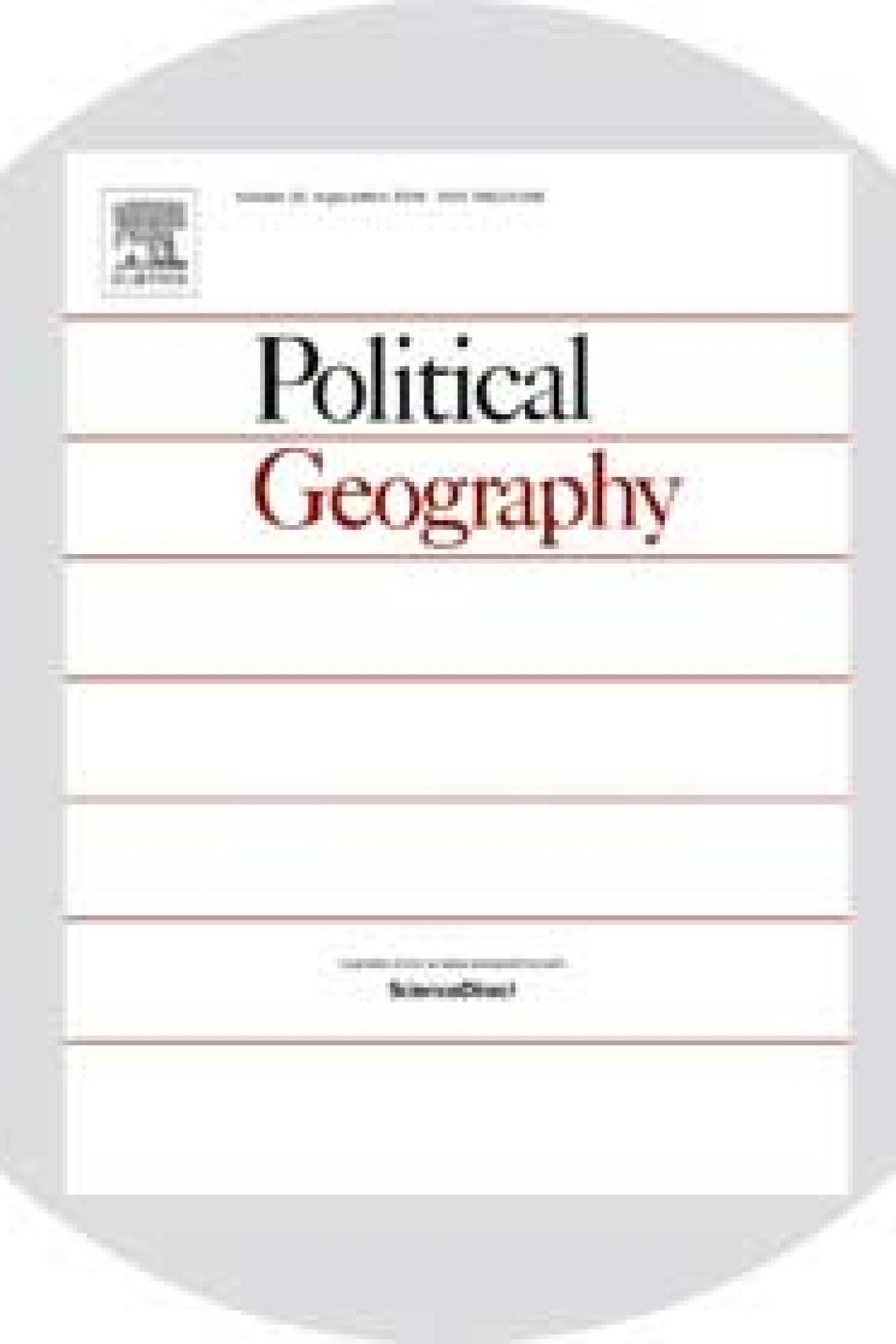New article co-authored by Ruben Andersson compares fights against terrorism, drugs and irregular migration
A new article by Associate Professor Ruben Andersson and David Keen of the LSE compares the security paradigms for combating terrorism, drugs and irregular migration and argues that while these have largely failed on their own terms, they have also proven rather successful for the actors shaping them.
Through a spatial political economy analysis of systems of intervention, the paper shows how vested interests have helped perpetuate counterproductive approaches, while risks (including that of human suffering) have routinely been ‘exported’ into geographical ‘buffer zones’.
In analysing the stakes in such systems, the authors deploy the metaphor of games. This term allows them to highlight divergences between ‘official’ goals, such as ‘winning the war,’ and unstated aims, such as perpetuating security investments, relocating risk or stoking fear for political gain. Equally important, game terminology helps highlight the spatial and social dynamics of collaboration, conflict and rule-manipulation within the system.
In exploring these dynamics, the paper puts a focus empirically on the complex collaborations between Western states instigating intervention and poorer ‘partner states,’ showing how a skewed geopolitical distribution of risk may tilt security interventions in the instigators' favour while maintaining ‘skin in the game’ for less powerful actors.
The article formed the basis of a keynote address delivered by Professor Andersson at a public seminar on the 'The Governance of the International Mobility of People' at Tampere University, Finland, on 22 October.
David Keen and Ruben Andersson (2018) 'Double games: Success, failure and the relocation of risk in fighting terror, drugs and migration', Political Geography, DOI: 10.1016/j.polgeo.2018.09.008

